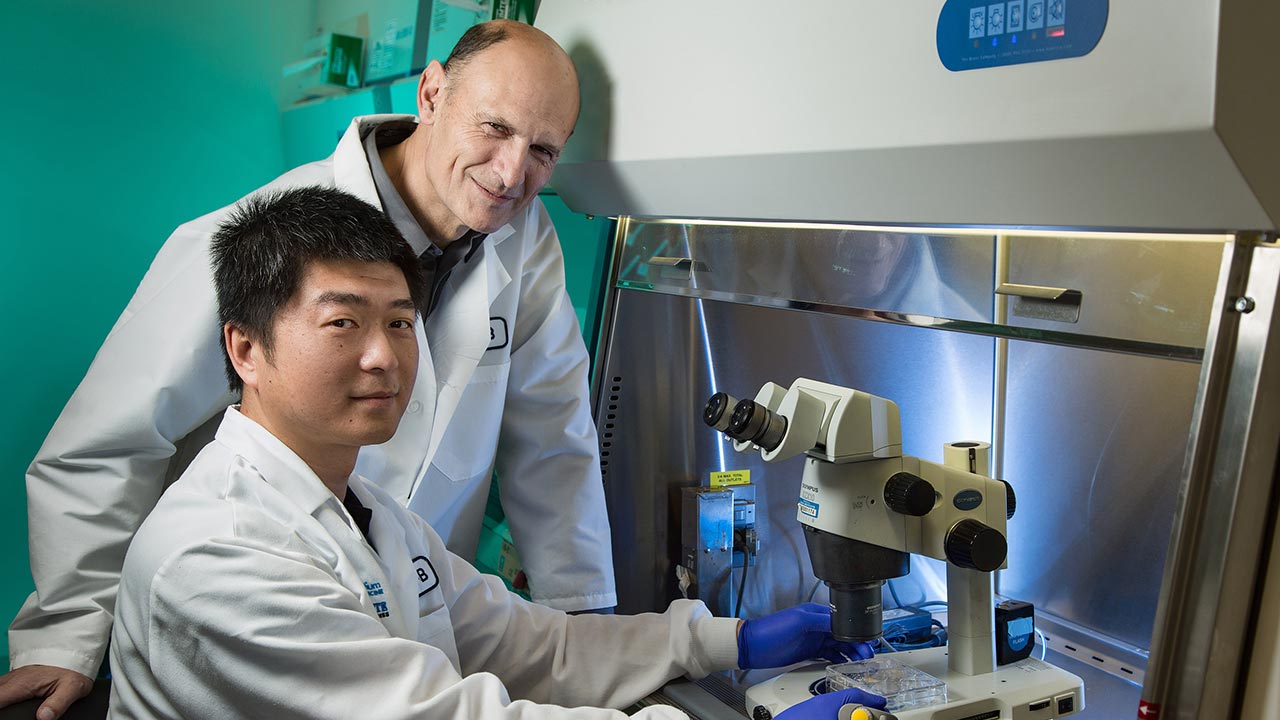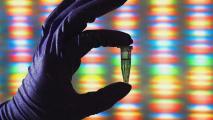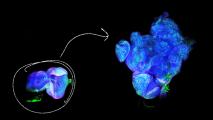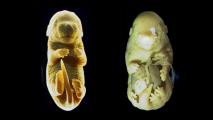Welcome back to another edition of This Week In Ideas, where we share with you the most compelling things we read this week. Have a suggestion for TWID? Hit us up on Twitter! (Also, follow us! We only tweet stuff that’s worth your attention.)
Scientists create a part-human, part-pig embryo: “The human-pig hybrid — dubbed a ‘chimera’ for the mythical creature with a lion’s head, a goat’s body and a serpent’s tail — was ‘highly inefficient,’ the researchers cautioned. But it’s the most successful human-animal chimera and a significant step toward the development of animal embryos with functioning human organs.”

How the Hubble Space Telescope changed the Universe: Before Hubble was launched skyward in 1990, “We had no idea how deep, how dense, and how full of stuff the Universe is.”

Americans know cyber security is something they need to take seriously, so why aren’t they doing just that? “A majority of Americans have directly experienced some form of data theft or fraud, that a sizeable share of the public thinks that their personal data have become less secure in recent years, and that many lack confidence in various institutions to keep their personal data safe from misuse. In addition, many Americans are failing to follow digital security best practices in their own personal lives, and a substantial majority expects that major cyberattacks will be a fact of life in the future.”

How it feels to age alongside your favorite athletes: “Sports are great because commentators talk about athletes in their mid-thirties like they’re historical landmarks in need of restoration and repair, writes” writes Tim Carmody in a short meditation on aging alongside his favorite athletes.
Daily Routines of brilliant people, described: When was Mozart most productive? “During the night when I cannot sleep.” Hemingway, meanwhile, preferred to start writing “every morning as soon after first light as possible.” Brilliant minds, it turns out, are not all alike.





